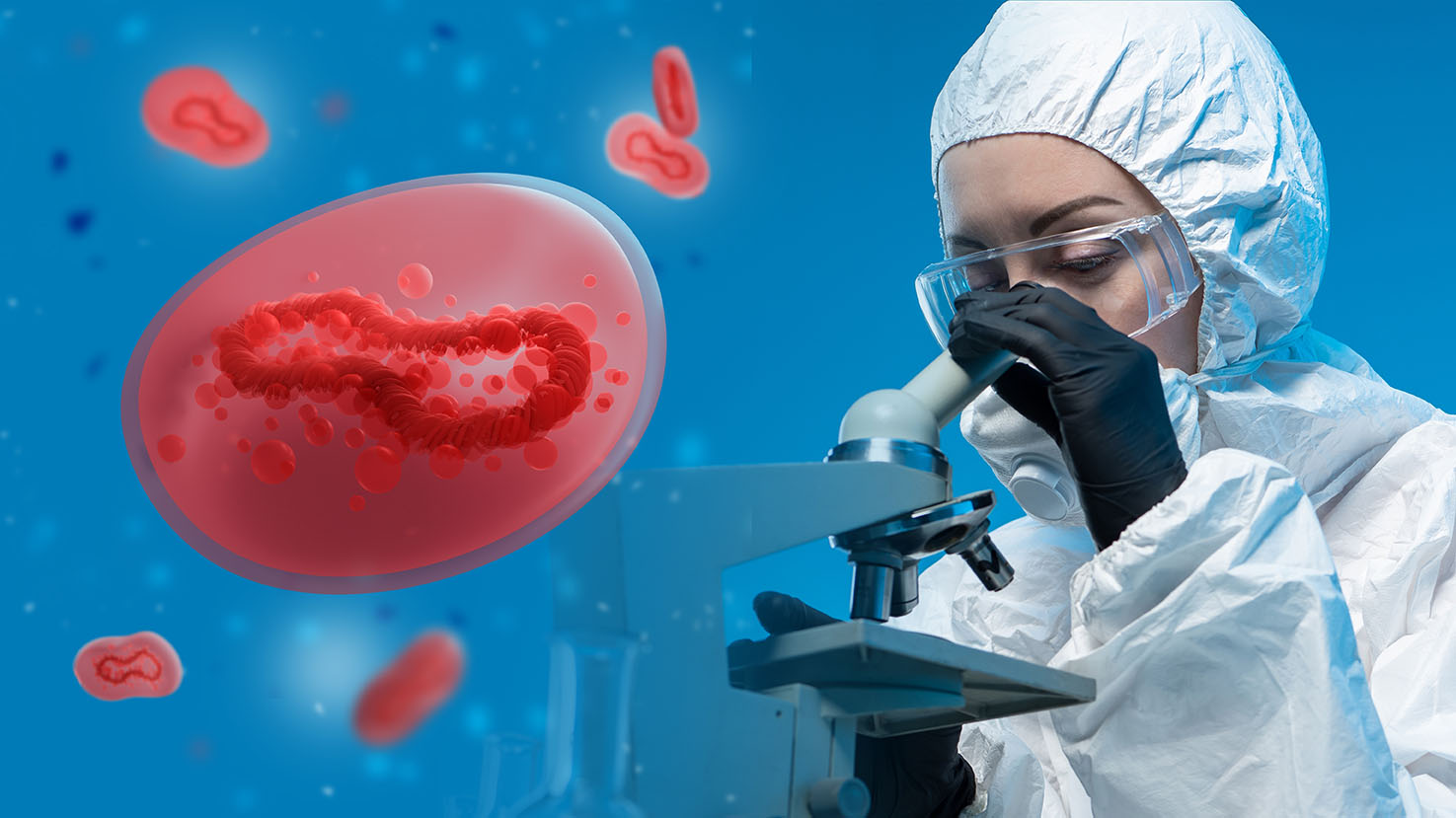
virologist
Definition
A virologist is a scientist who studies viruses. Viruses are non-living particles that can infect cells and cause disease.
Virologists use a variety of techniques to study viruses, including microscopy, molecular biology, and computer modelling. They also work with animals and cell cultures to study how viruses infect and replicate.
Virologists play an important role in public health. They work to develop vaccines and treatments for viral diseases, and they also help to prevent the spread of viruses.
Virology is a rapidly growing field of science. As viruses continue to evolve, virologists are working to develop new ways to prevent and treat viral diseases.
How can the word be used?
The virologist was studying the structure of the virus.

Different forms of the word
Noun: a scientist who studies viruses.
Etymology
The word "virologist" is a combination of the word "virus" and the suffix "-logist", which means "a scientist who studies something".
The word "virus" comes from the Latin word "virus", which means "poison".
The suffix "-logist" comes from the Greek word "logos", which means "study".
The first recorded use of the word "virologist" was in 1935.
Question
What does a virologist study?
AQA Science Exam Question and Answer
Question:
Explain the role of a virologist in studying and combating infectious diseases. Provide an example of a significant contribution made by virologists to our understanding of viral diseases.
Answer:
A virologist is a scientist who specialises in the study of viruses, microscopic infectious agents that can cause a range of diseases in humans, animals, and plants. Virologists play a crucial role in unravelling the mysteries of viral infections, from understanding their mechanisms of replication and transmission to developing strategies for prevention and treatment.
One significant contribution made by virologists is their role in combating the global HIV/AIDS pandemic. Through meticulous research, virologists identified the human immunodeficiency virus (HIV) as the causative agent of AIDS. Their investigations into the virus's structure, genetic makeup, and mode of transmission have led to the development of antiretroviral therapies that significantly prolong the lives of individuals with HIV/AIDS.
Virologists also play key roles in vaccine development, as they study the virus's properties and interactions with the host immune system to design effective vaccines. Their work has been pivotal in the development of vaccines against viruses like influenza, measles, polio, and hepatitis, contributing to the prevention and control of these infectious diseases.